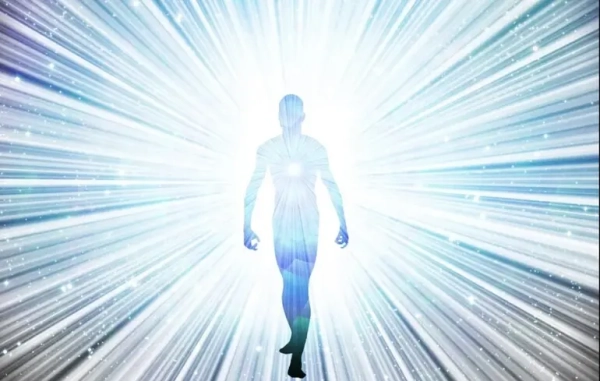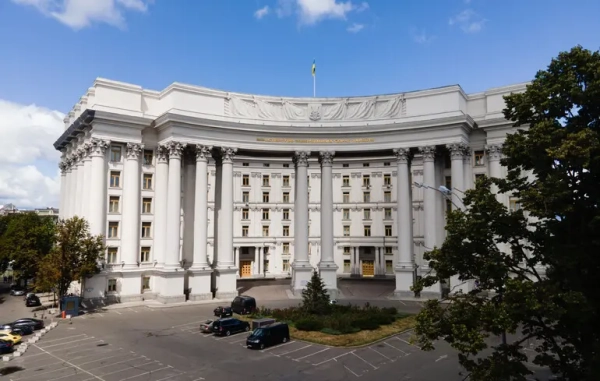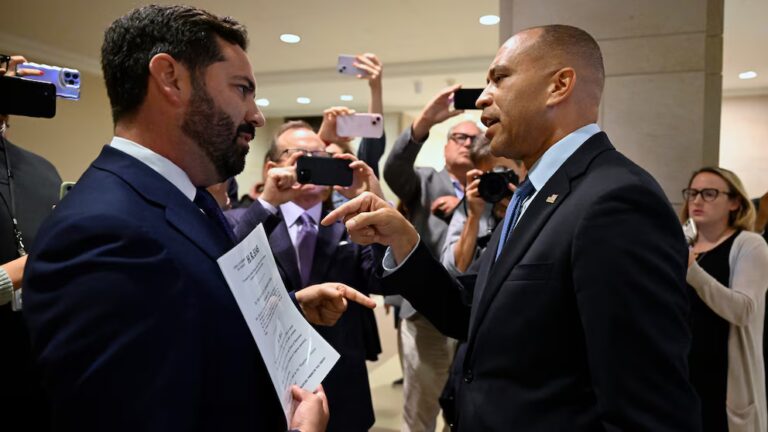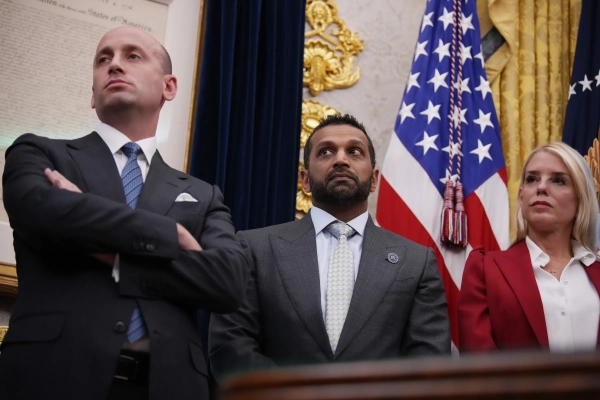
© Scitechdaily While the world's autocrats fantasize about replacing organs like car tires, science is not ready yet.
This could be an ominous twist on a classic James Bond movie: the Russian and Chinese leaders, their conversation accidentally recorded by microphones at a military parade in Beijing, casually musing about how to cheat death.
“With the development of biotechnology, human organs will be able to be transplanted continuously, and people will be able to become younger and younger, and eventually even achieve immortality,” Russian leader Vladimir Putin told Chinese ruler Xi Jinping in a semi-conspiratorial tone.
“The projections say that in this century there is a chance of living to 150 years,” Xi replied.
But this was not a screenwriter's fantasy, but a shockingly real exchange of lines between two of the world's most powerful and well-armed leaders, writes Politico.
Despite its absurdity, behind the walls of palaces, the obsession with longevity is far from idle talk.
In 2024, the Kremlin ordered scientists to accelerate research into anti-aging—cell degeneration, cognitive decline, and immune system function. Meanwhile, China is investing resources in nanotechnology and compounds like betaine and lithocholic acid, hoping to slow aging and extend healthy lifespans.
But science cannot currently provide for the replacement of organs “like tires on a car,” as autocrats imagine.
James Markmann, president of the American Society of Transplant Surgeons, called Xi and Putin's idea of living to 150 years old through transplantation “baseless.”
“There is currently no evidence that organ transplantation can extend life to 150 years,” he said. “While there is great interest in research in this area and some results in intervening in the aging process, there is no evidence that it can extend life to a century and a half.”
According to Markmann, transplantation can save lives, but there is no evidence that it “resets” biological age. Replacing one or more organs can temporarily improve health, but it cannot stop the overall aging of the body.
“What is disturbing is that this assumption is based on the existence of a surplus of organs for endless replacement for one person, and there simply is not one,” he stressed.
The dialogue between Xi and Putin did not arise out of nowhere. History is full of examples of rulers who tried to outwit death.
China's first emperor, Qin Shi Huangdi, swallowed mercury pills in a quest for immortality and eventually died from it. Egyptian pharaohs mummified themselves to live forever, Cleopatra consumed “elixirs of youth,” and medieval alchemists peddled magic potions. In the 20th century, the last Russian Tsar Nicholas II and Empress Alexandra consulted Rasputin and other mystics about health and longevity.

Coffee can slow down aging: what scientists have discovered
Today, that same passion has migrated to Silicon Valley, where the wealthy are spending fortunes on cryonics, anti-aging biotechnology, and “biohacking” in the hope of buying themselves more time.
According to Elizabeth Wishnick, an expert on Sino-Russian relations and a research fellow at the Center for Naval Analyses (CNA), such an obsession is typical of the world's richest and most influential people.
“They want to fly into space, they want to dive underwater… the human body is another frontier for them,” she told the publication. “For those who don't feel the boundaries, it makes sense to try to expand them.”
But the contrast is obvious: the average life expectancy in Russia is just over 73 years, in China it is around 79, and access to medicine is very unequal.
According to Vishnik, both Xi and Putin “should be focusing on this, but they are more interested in their own longevity than the health of their societies.”
There is also a cultural dimension that fuels Xi and Putin's aspirations.
American scholar Robert J. Lifton, who coined the term “symbolic immortality,” argued that people invent religions, nations, and political legacies as a way to cheat death. Xi’s mantra of “national revival” and Putin’s mission to restore a “greater Russia” fit well into this scheme, even if they fall short of physical immortality.
“They've both become hostages of their own propaganda,” says Vishnik. “They truly believe that only they can fulfill their mission. They're concerned about their legacy and how history will remember them.”
This, she believes, explains their obsession with “returning” lost territories—Taiwan for Beijing and Ukraine for Moscow—as if completing the “unfinished maps” would also complete their historical destinies.
They have already taken steps to do so domestically: Xi broke with China's tradition of leadership changes to stay in power, and Putin dismantled the electoral system and eliminated competitors until he was alone.
“It's no wonder they're turning to science as a way to perpetuate their power,” added Vishnik.
For now, scientific limitations leave immortality a matter of memory and symbols. Suffice it to recall the terracotta army of Qin Shi Huangdi, which has survived to this day, or the expansionist policies of Tsar Peter I, which still inspire Putin today.
But even in the world of nanotechnology and organ replacement for immortality, there is a trap: you will have to live with yourself. And for the world's “Bond villains,” this may be the cruelest sentence.






